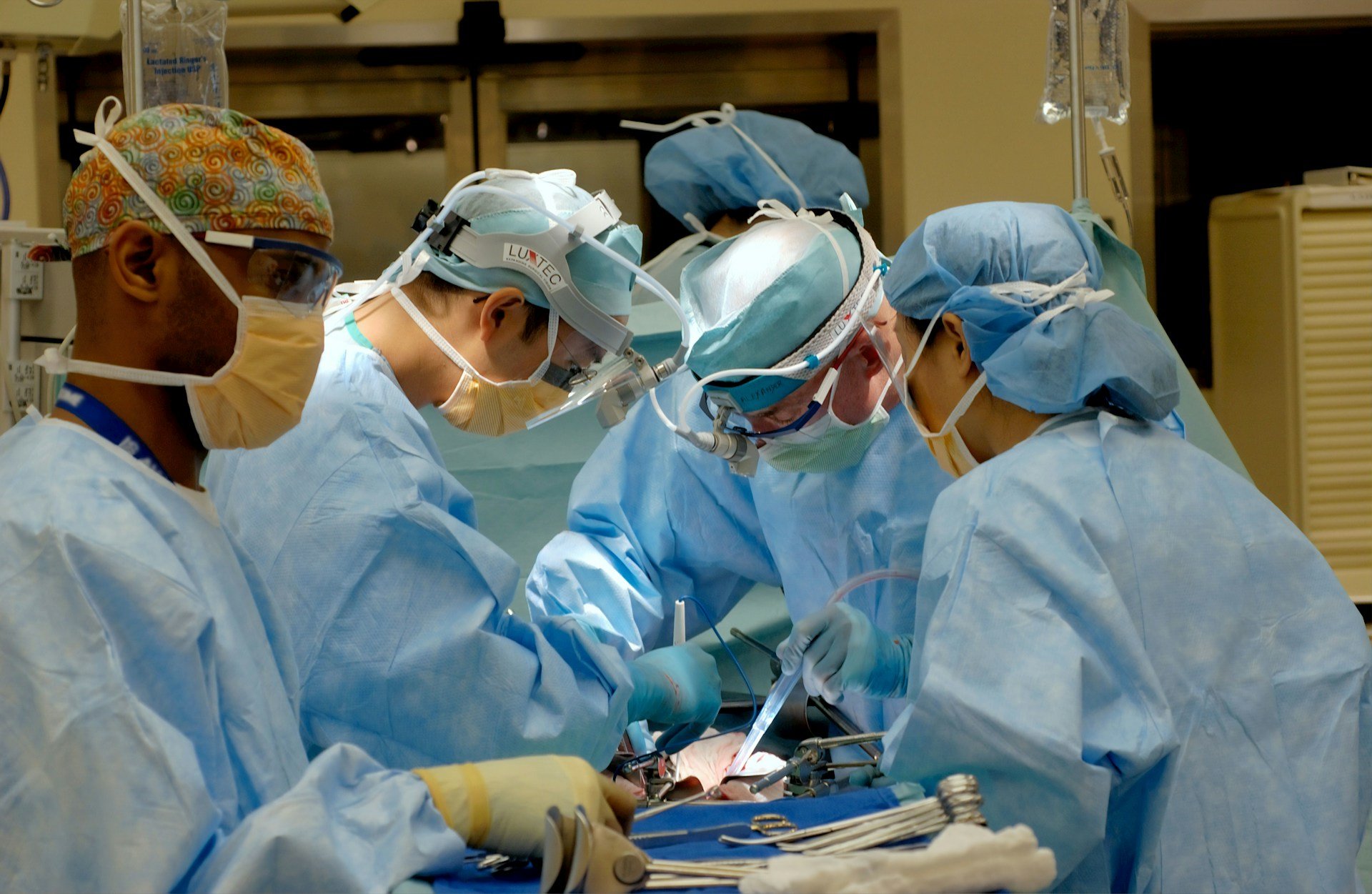MINOR SKIN SURGERY
Minor Skin Surgery in Galway | Skin Lesion Removal
What do I need to know about this procedure?
This procedure involves a surgical removal of a skin lesion or a subcutaneous lump from under the skin. Once the lesion or lump is removed the area is stitched back together.
This procedure will require an anaesthetic. The injections of a local anaesthetic (pain-killer) are given to fully numb the area where the surgeon will biopsy or remove skin. The anaesthetic numbs the area quickly - within about 30 seconds. This numbness usually lasts 2 - 3 hours. The anaesthetic injections are sometimes, but not always, sting as they go in.
If you have any concerns, discuss these with your doctor.
Important information
Before the operation, you must tell the surgeon performing the operation of any medical problems, allergies, prescribed drugs (particularly blood thinning drugs), use of recreational drugs or alcohol consumption. Smoking in the pre or post-operative period is known to cause complications. The operation will result in a scar or scars. The doctor will discuss before the surgery, the type of scar or scars, the size and where your scar/s will be. The surgeon may ask you to do certain things before you can have surgery, such as exercise, weight loss and stopping smoking. This may also improve your post-operative recovery.
What should you expect when you come for Minor Skin Surgery?
It is a good idea to have something to eat and drink before you come for your appointment . There will be one doctor and two nurses working in the Theatre Room.
The nurse or doctor will call you into the room when they are ready.
The doctor will have a consultation with you about your areas of concern and give you information about the surgery, its purpose and any risks. If you are happy to go ahead with the procedure you will be asked to sign a Consent Form to show that you agree to the surgery.
How long does minor skin surgery take?
Minor Skin Surgery will take between 30 and 60 minutes. However, a booked appointment time may overrun, due to unavoidable circumstances.
What are the risks of this specific procedure?
General risks:
∙ Infection can occur, requiring antibiotics and further treatment.
∙ Bleeding could occur and may require a return to the operating room. Bleeding is more common if you have been taking anticoagulants or antiplatelet medications
∙ Bleeding which may cause a haematoma (a collection of blood) in the tissues. It increases the appearance of bruising.
. Pain is very common after surgery, we advise all patients to take regular pain relief for 24-48 hours to reduce having any discomfort.
∙ The skin and resulting scar may not look like normal tissue for some time. It is common for redness to be present for 3-4 months post procedure.
∙ The colour and nature of the scar may be different from other parts of the skin.
∙ The lab test may show that the diseased area or lump has not been completely removed. If there is any disease left behind, further surgery will be needed to remove the remaining disease.
Will I have a dressing on the wound?
Yes, you will have a dressing on the area and this is to be kept clean and dry for 7-14 days depending on the surgeon's preference. It is vital that the area is kept clean and dry. Wetting the wound will slow down wound healing.
Can I return to daily activities after?
Yes, you can return to normal daily activities after your procedure, once you are feeling well. However we advise to avoid all strenuous work and exercise for a minimum of two weeks. For certain patients this may be longer.
Follow up and further information
After the procedure, the nurse will give you a leaflet and advice about the surgical wound and how to take care of it, and about what to expect next in terms of test results and possible further treatment.
Questions to ask my doctor/healthcare professional:
If you do not understand any aspect of the information in this patient information sheet or any other information you have been given about your condition, treatment options and/or proposed procedure, please talk about this with your doctor/healthcare professional.
We advise you to have someone drive you home if you are having surgery on your hand or foot.

